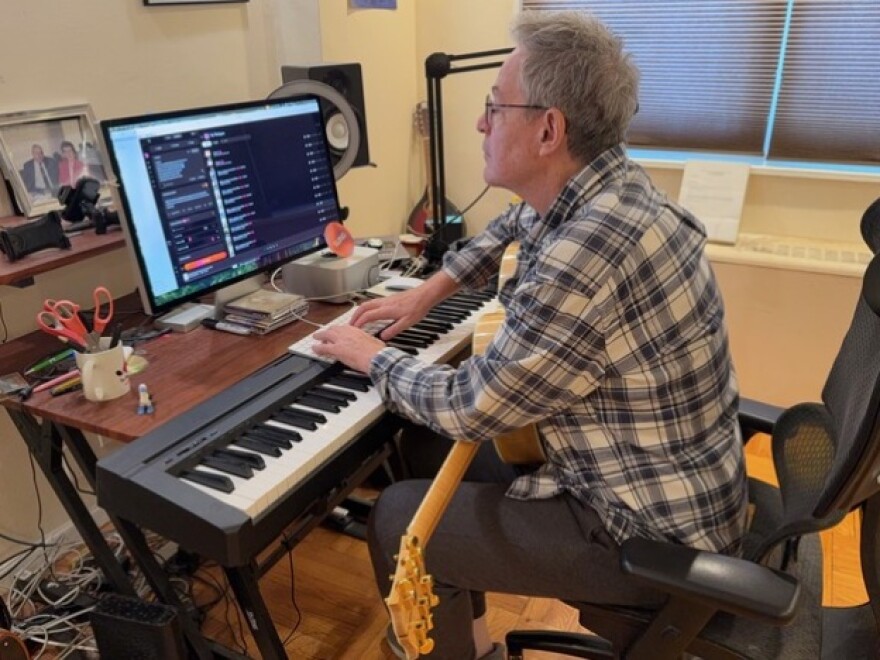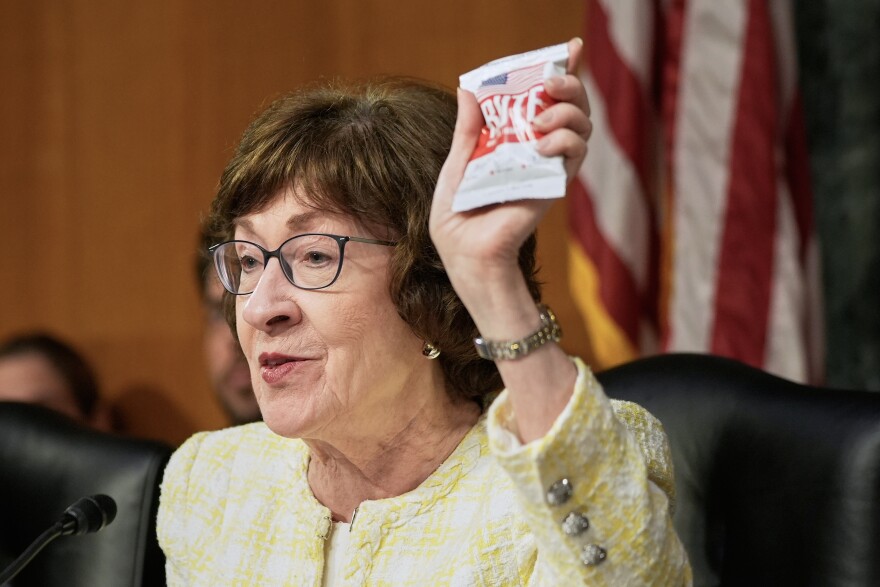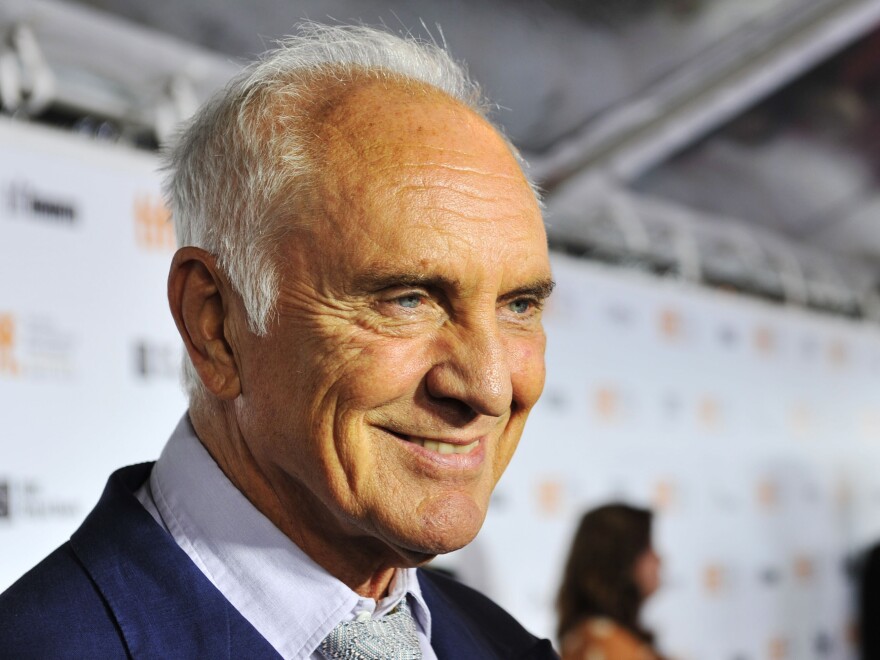Logan Becker adores his song, which was composed especially for him. Logan, who has a rare connective tissue illness, received his uplifting, personalized hymn from the Songs of Love Foundation in 2020 at the age of nine. The foundation has collaborated with a wide range of professional musicians for almost 30 years, creating over 46,000 specially composed songs for kids with life-threatening or severe illnesses. In a video that he and his mother created, Logan states, “It makes me feel like I’m not the only one that’s going through this and I fit in.”
The healing properties of music have long been valued. “Music therapy offers unique benefits for this paediatric population, particularly in supporting child and family wellbeing,” according to a 2024 study published in the journal Palliative Medicine.
Although Songs of Love is not a music therapy organization, the nonprofit’s work creating customized songs for kids facing significant obstacles offers some of the same advantages. Music therapy is a licensed health care profession that requires a degree in music and specialized training in fields like psychology, education, and medicine.
“A song is a communal, cultural product that says you’re not alone,” stated Kenneth Aigen, who is the director of New York University’s music therapy program. And I believe it can be reassuring to consider the universality that someone might experience when a song is composed about them. A song that has biographical components conveys the message that other people are seeing and hearing you.
In addition to helping ill youngsters, the Songs of Love Foundation is also looking to expand its positive goal to include older persons who have memory loss. “My mom had Alzheimer’s, so it’s very personal to me,” stated John Beltzer, president and founder of the Songs of Love Foundation, in an NPR interview.
According to Beltzer, the challenge is to connect with a populace that is accustomed to music from the past, such as swing, big band, and doo-wop. “There was no way that we could have found enough songwriters out there to be able to create those tracks in an authentic way,” Beltzer stated.
Suno, an AI music platform, replied to his request for assistance by providing Songs of Love contributors with free access to its music-making resources.
“We will have some songwriters who will take a rough recording of themselves and use our tool to transform that into a well-produced track,” said Mikey Shulman, CEO of Suno. “We’ll have other ones that need the string section for the chorus.”
Embracing new technology
The Songs of Love Foundation’s interest in new technology is demonstrated by their adoption of artificial intelligence. In addition to employing Snapchat filters to produce films with inflated images of celebrities like Bruce Springsteen and Paul McCartney purporting to support the group, the nonprofit now accepts donations in cryptocurrencies. (The foundation also features what seem to be genuine celebrity endorsements and song contributions, such as Van Halen leader David Lee Roth and actor Paul Dano.)
The foundation’s use of AI in music production marks a shift from a procedure that, until recently, concentrated on more conventional songwriting techniques, in which a songwriter writes a song (possibly with the help of technology like keyboards, drum machines, and mixers) and then records themselves or another person performing and singing it.
But the same procedure usually starts Songs of Love songs, whether now and before artificial intelligence: The child or a caregiver, like a parent, fills out a form with personal information about the child, like hobbies, names of family members, friends, and pets, favorite cuisines, and so forth. Based on the child’s intake form, Songs of Love then selects a singer-songwriter from its roster who possesses the necessary musical abilities to compose a unique song for them.
“They might be riding a blue bicycle. Perhaps they have Uncle Charlie or Aunt Mary. Additionally, they enjoy playing baseball outside in the yard. “That’s their world,” said Thomas Jones, a veteran Songs of Love composer who collaborates with the charity along with about 200 other musicians. “And I write and I try to illuminate that world back to them to affirm themselves to themselves.”
Songs of Love used to give composers a minimal payment in exchange for their work, while maintaining copyright to all of the songs. According to Beltzer, the choice to use AI to broaden the foundation’s services to include both children and older persons implies that writing songs will now be a volunteer endeavor, just like it was in the early years of Songs of Love.
“We wish we were a for-profit company that was raising money,” Beltzer stated. “But going forward, we’re going to be relying on volunteers.”
In any case, Jones stated that he enjoys giving his time to write music for those in need. According to the singer-songwriter, “Validates my life,” “It’s making the world a better place.”
Recently, Jones has been producing his Songs of Love songs with Suno’s tools. He claimed that when he uses AI to compose a song, he gets the same sense of fulfillment as when he doesn’t. “To me, it’s just another way of expressing yourself,” Jones stated. “It’s a box of crayons.”
The connection challenges of AI
However, it’s different for other people.
Lawsuits are currently pending against AI companies, such as Suno, for allegedly using musicians’ work to train their massive language models without permission. (In response to a question concerning how the lawsuit against his company affected its collaboration with Songs of Love, Suno CEO Shulman stated, “This is a rapidly evolving and somewhat ambiguous area of the law.”)
Other NGOs in the “music as medicine” field are hesitant to incorporate AI in their work due to copyright concerns and the possibility that it could weaken the vital human bond between composers and the vulnerable individuals they assist.
Dan Rubins, co-founder and executive director of Hear Your Song, a nonprofit organization that focuses on songwriting and works with young people who are dealing with life-threatening illnesses, stated, “As we’ve grown, we’ve realized that the value of our programming is actually in the depth of the relationships.” “We never want to put an AI tool in the middle of that relationship because it is that connection that can have the most impact on a kid’s well-being and sense of self and self-expression.”
Composers of Songs of Love share similar concerns.
Ross Orenstein remarked, “I do all of my songs the old-fashioned way, one at a time.” During the years, the singer-songwriter wrote about 600 songs for Songs of Love, but he lately wanted to switch things up. He then began writing songs with Sing Me a Story, another group that focuses on children. “I still cherish the work I did for Songs of Love,” he remarked. According to Orenstein, “It was a great relationship,”
The thought of employing AI to write music for ill kids, however, does not sit well with the composer. Orenstein stated, “It sterilizes the process,” “You lose a human touch.”
Music therapist Sangeeta Swamy, who teaches at the California Institute of Integral Studies, concurs. “The patient and the songwriter have an active and, one could almost argue, mystical interaction. They’re making an effort to connect,” Swamy remarked. “I find that music produced by AI have a distinct feel. They are lacking that human connection.
According to the Songs of Love Foundation, musicians who want to write songs in more conventional ways are still invited to submit their work.
Copyright 2025 NPR





